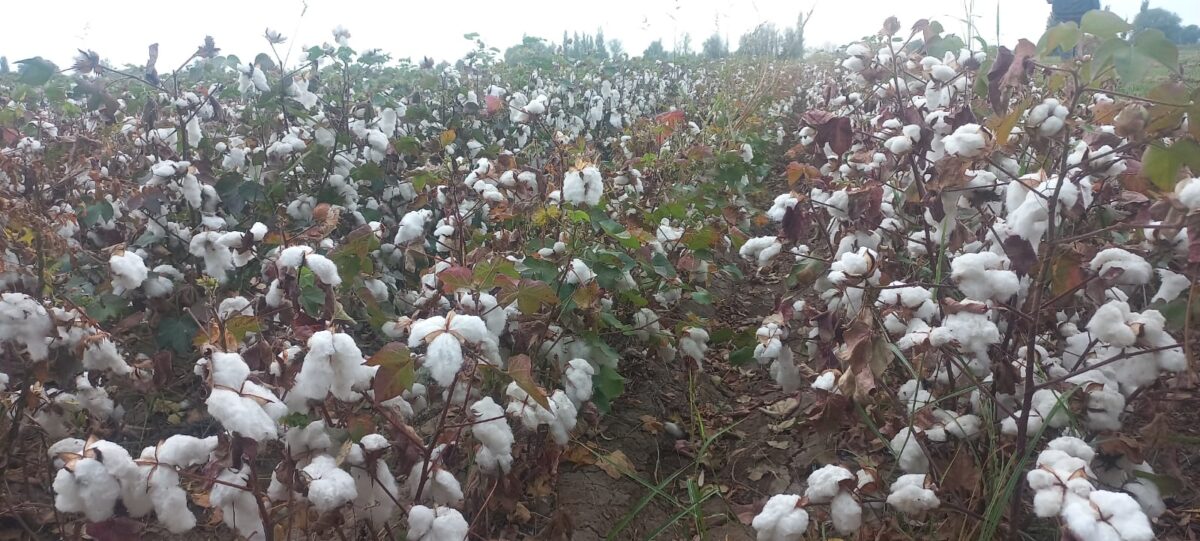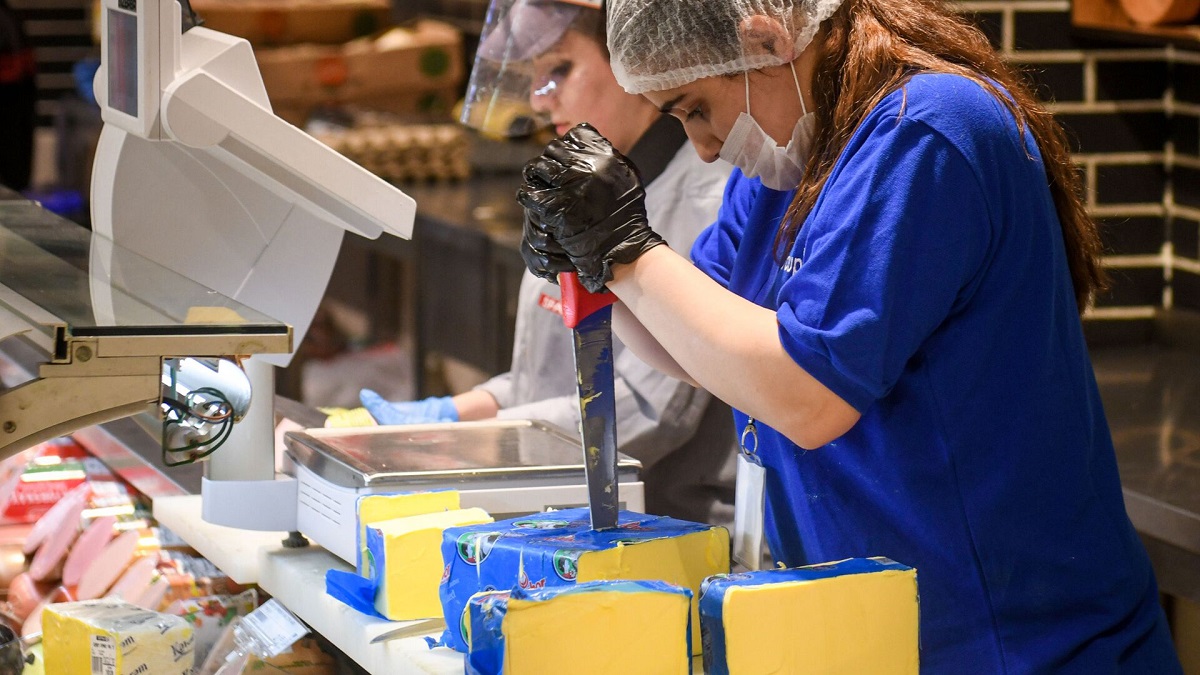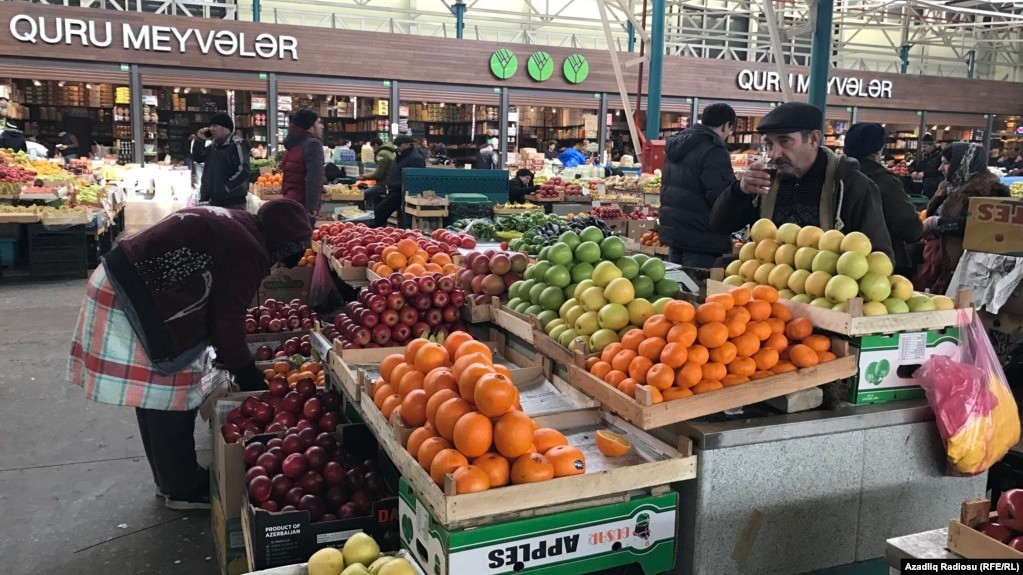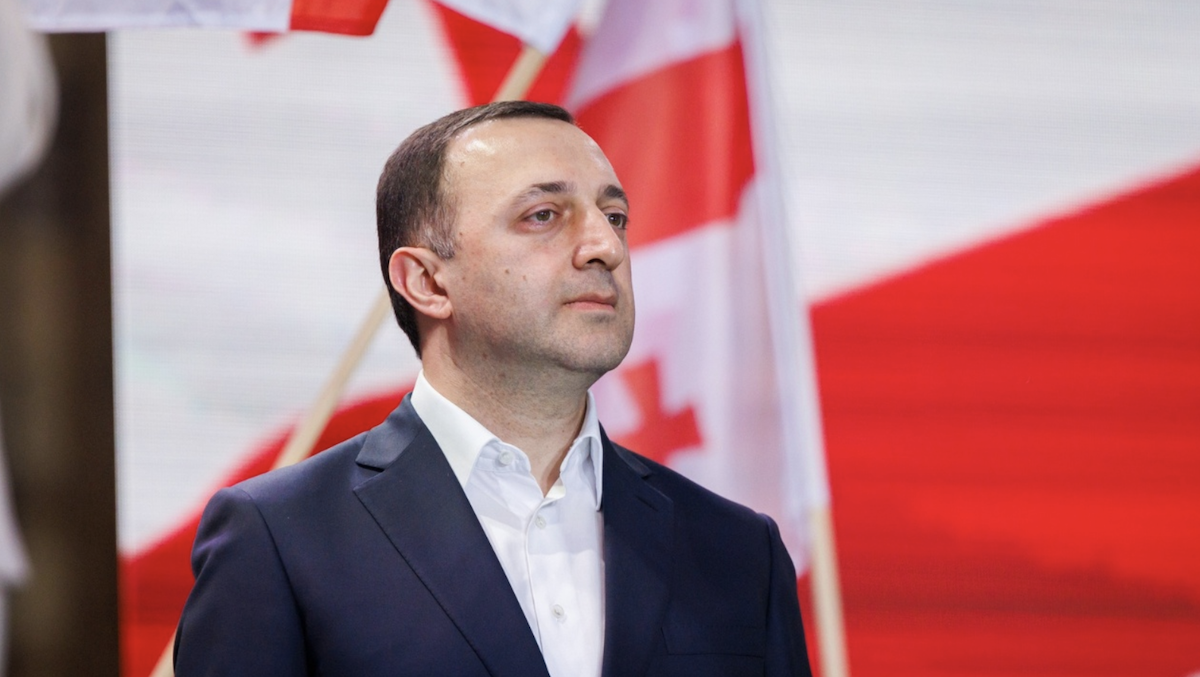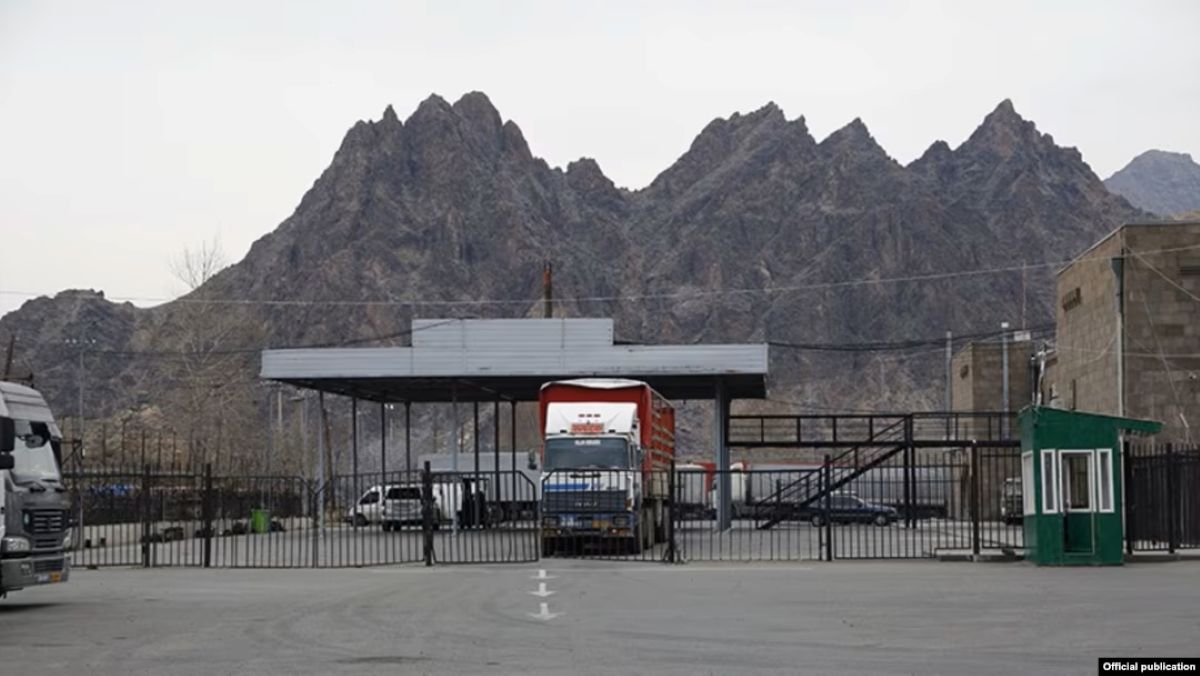Food imports to Azerbaijan rise: what's driving the increase?
Azerbaijan food import spending rises
According to the State Customs Committee (SCC), Azerbaijan‘s spending on food imports increased by 10.2% in the first 10 months of 2024 compared to the same period last year, reaching $1.97 billion. During this period, food products accounted for 11.84% of the country’s total imports.
Reports indicate that food imports have risen by 46.8% over the past five years and more than doubled over the past decade.
Despite this, official data shows that the agricultural sector contributes, on average, only 10% to the added value created in the non-oil sector.
According to the State Statistics Committee (SSC), Azerbaijan produced agricultural goods worth 11.4 billion manats (approximately $6.71 billion) between January and October this year, which is a 1% increase compared to the same period last year.
Subsidies rise, production costs fall
Significant funds are allocated to the country’s agricultural sector, yet the results appear less than encouraging. According to the State Audit Office’s assessment of the draft law “On the State Budget of the Republic of Azerbaijan for 2025,” subsidies for horticulture increased by 2.2 times in 2023 compared to 2017, and per-hectare subsidies rose by 2.4 times. However, the production cost of horticulture per unit of subsidy decreased by 12.2%.
The report also highlights that subsidies for the Agricultural Credit and Development Agency in 2025 are projected at 484.5 million manats (approximately $285 million), an increase of 41.6 million manats (around $24.4 million) or 9.4% compared to the forecast for 2024:
“The positive impact of subsidies funded by the state budget (for crops, seeds, livestock, etc.) is not reaching the desired level of efficiency. While spending in this area is expected to grow by 9.4% in 2025 compared to the 2024 forecast, the annual growth in crop and livestock production is projected to increase by just 0.1 percentage points.”
“Public demand for food products is growing”
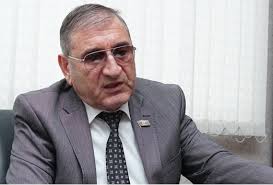
Chairman of the Milli Majlis Agrarian Policy Committee, Tahir Rzayev, told the Turan news agency that he does not support increasing imports year after year.
“We need to develop the local market and use more domestic products. However, people tend to judge products by their appearance and do not favour local goods. They believe imported food is of higher quality, but in many cases, its quality is lower than that of our local products.”
He stated that systematic efforts are needed to reduce imports and increase domestic production, and the market should be regulated according to demand.
“The growth isn’t in food products”

Agriculture expert Vahid Mageramov, in an interview with Radio Liberty, outlined several details related to the issue:
“Official statistics show a 1% increase in agricultural production in the country. However, if we look closely, we see that this growth does not pertain to food products. Our statistics agency avoids reflecting declines in production, so they show a 1% increase. An increase of 1% essentially means no growth. That is why our imports are rising.”
According to the expert, the government’s claims that import costs have risen due to global price increases are not entirely accurate:
“The price of some goods imported from abroad has actually decreased.”
He believes that addressing the situation requires training professional personnel and ensuring transparency in allocated funds:
“For the past three years, the liberated territories have been used for wheat cultivation and livestock farming. Production was expected to increase, and investments were made. The key is for those investments to yield results and for productivity to grow. However, this year, wheat yields have actually decreased by 6%.”
V. Mageramov emphasizes that as imports rise, the outflow of foreign currency from the country increases, driving up domestic prices.










